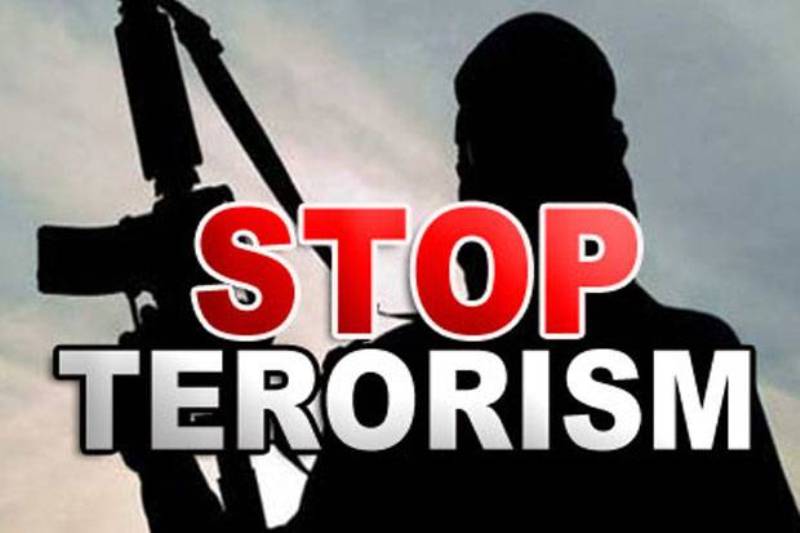
Protect the Sacred Swastika and Stop Its Misinterpretation
Petition: Protect the Sacred Swastika and Stop Its Misinterpretation
Dear Brothers and Sisters in Dharma,
We, the undersigned Hindus in Canada and around the world, support Canada’s efforts to ban hateful symbols such as the Nazi emblem Hakenkreuz. However, we are deeply concerned that this symbol is being wrongly referred to as a “swastika” in Bill C-9 (Combatting Hate Act), tabled on September 19, 2025, and in the circulating federal e-petition e-6625 calling to “ban the swastika.”
The Nazi Hakenkreuz is not the Hindu Swastika. The Swastika, from the Sanskrit root su-asti (“that which gives well-being”), is a sacred symbol of auspiciousness, prosperity, harmony, and peace in Hindu tradition. This conflation comes with serious legal and social risk. The Government of Canada risks opening its up Hindu, Jain and Sikh populations to potential religious persecutions. We therefore ask that the Govt. of Canada make this distinction in a clear and unequivocal manner in all it’s communications.
What We Demand (for Ourselves and Our Children)
By signing, we call upon the Government of Canada, Parliament, and all MPs to:
1. Formally recognize the Hindu, Jain, and Buddhist Swastika as a protected sacred religious symbol, distinct from any hate symbol.
2. Stop using the term “swastika” to describe Nazi imagery in Bill C-9, petition e-6625, government materials, police guides,media guidance, and public communications. Instead, consistently use thecorrect term: “Nazi Hakenkreuz (hooked cross)”.
3. Provide education and awareness training for police, Crown prosecutors, CBSA, and public and private institutions to clearly distinguish between the Hakenkreuz and the Swastika, preventing misidentification and wrongful targeting of religious communities.
4. Issue clear guidance to state and private media not to conflate the Swastika with the Nazi Hakenkreuz in news coverage or opinion pieces, and to use accurate terminology when reporting on hate symbols.
5. Engage Hindu, Jain, Buddhist, and inter faith communities in policy development, including any amendments to Bill C-9 and related hate-symbol policy, so that Canada’s fight against hate protects religious freedom instead of undermining it.






